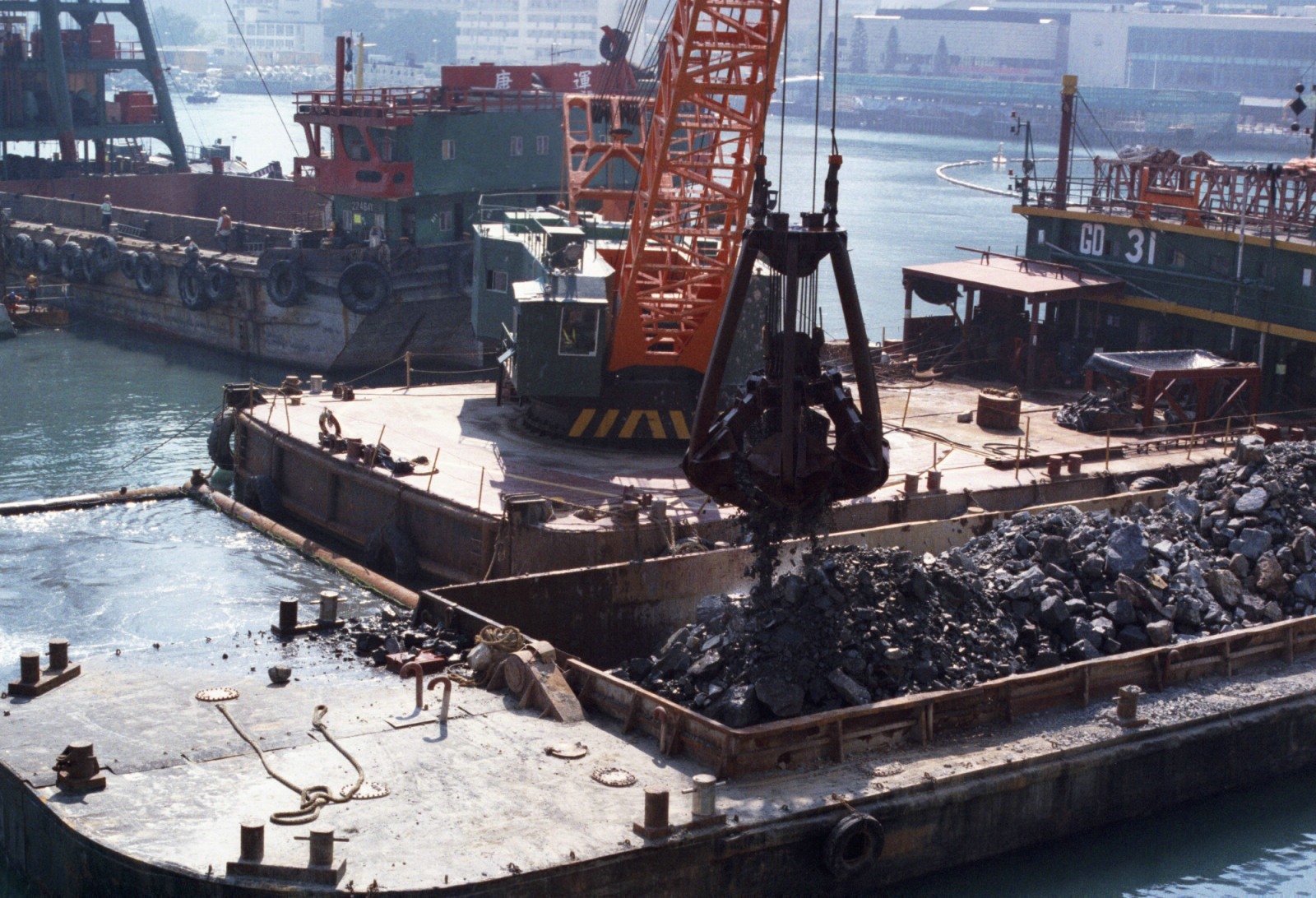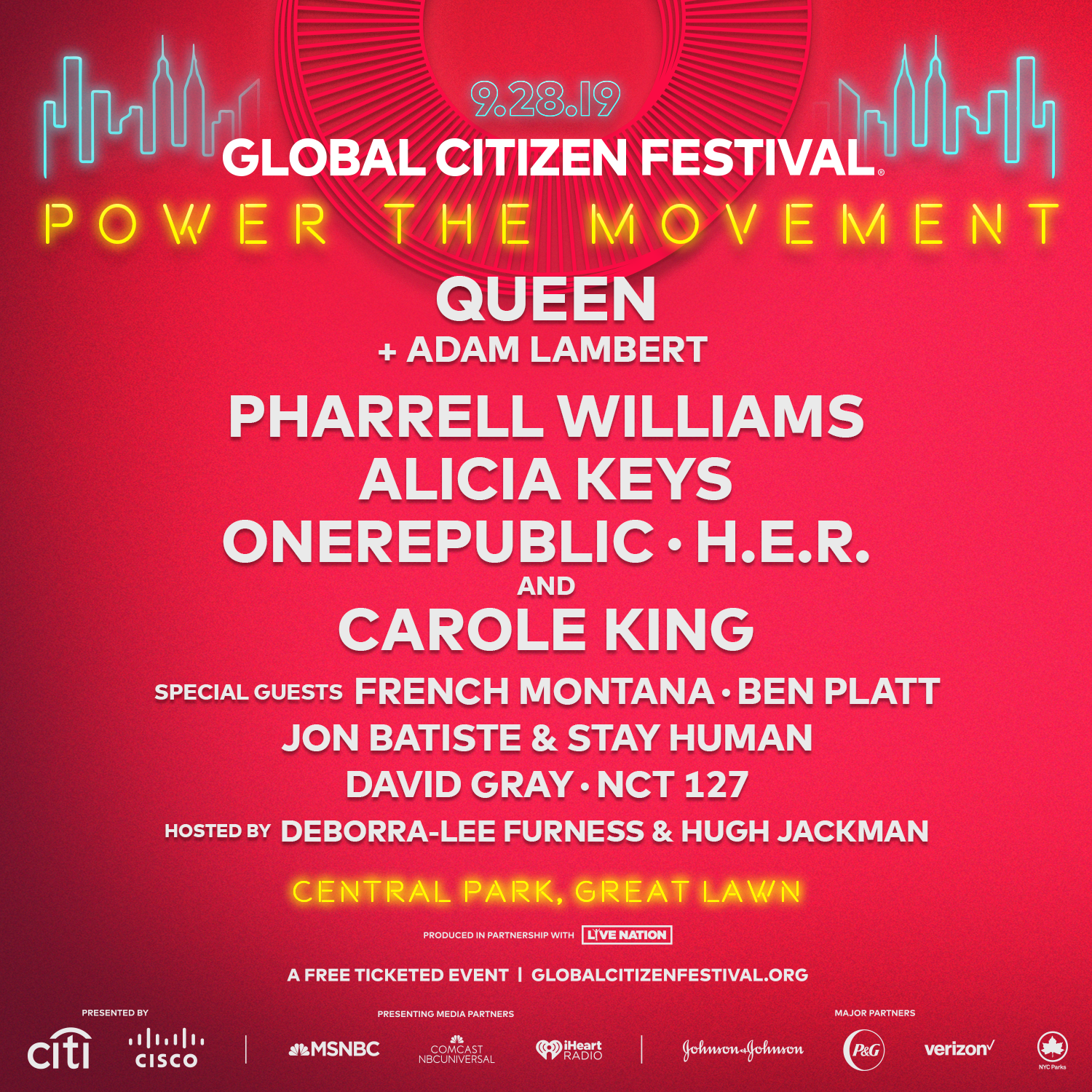By Cassia Patel, program manager at Oceanic Global, a nonprofit that helps individuals and businesses find sustainable alternatives to plastic
Growing up in Hong Kong, I saw bays filled with plastic and artificial islands built on the sea. I distinctly remember swimming at Shek-O beach and emerging from the water, horrified to find a plastic bag clinging to my stomach.
With no composting infrastructure and an ineffective recycling system, waste piled up in landfills built on reclaimed land, where the government has admitted that toxic leachate runs off into groundwater. Visiting the Southeast New Territories (SENT) landfill for my mom’s birthday, I learned at a young age that we might eventually run out of landfill space, presenting a whole new set of waste management challenges.
Beyond plastic waste, the negative consequences of human activity were painfully evident. Our native population of pink dolphins (Chinese white river dolphins) began to dwindle as reclaimed land and high-speed ferries fragmented their habitat, and I was in disbelief that we would allow such a fairytale creature to disappear.
In addition to checking the weather every morning, we would also monitor the Air Pollution Index, especially when winds were blowing from the north, carrying pollutants and smoke from shipping lanes and factories in mainland China. On many days, I wasn’t even allowed to go outside for recess. It seemed like we had completely lost the plot. It was clear that we needed to take immediate action, and tackling plastics seemed like a great place to start.

Take Action: Download the App and Tell These Cities to Lead the Way on Climate Action!
I started becoming active in the sixth grade, when my classmates and I rallied to get the school administration to ban single-use plastic water bottles, including in the cafeteria and vending machines. After a series of meetings at all levels of management, from food service staff to the principal, we were able to convince the school to adopt the initiative. We supported the transition by rolling out a communications strategy, speaking in school meetings, creating signage around campus, and training staff in best practices.
In response to the lack of glass recycling in Hong Kong, we built the Southside Glass Recycling Initiative (SGRI) or "Green Glass Green" as a coalition of community groups dedicated to establishing a glass recycling program in Stanley Market, where I lived.
We identified a plant where we could send the glass that would crush glass into sand, which was then mixed with concrete, turned into bricks and used to pave sidewalks. We went door to door collecting glass bottles from bars and restaurants along the boardwalk every Sunday.
Spearheaded by middle school students, the community was able to maintain the program for a few years until the government stepped in to take it over once they saw the demonstrated potential and success.
I was inspired by the power of individuals, students, parents, and teachers in my community to rally together and create positive change, a sentiment that only grew over time as the projects I worked on increased in scale. Now, as project manager at Oceanic Global, I am thrilled to be driving solutions for responsible consumption at the individual, industry, and policy levels, especially as the plastic pollution crisis becomes increasingly urgent.
The Problem
For most of us, plastic pollution is personal. We all have stories about our favorite beach, park, or even city streets being littered with forgotten pieces of other people’s lives. While single-use plastic products might only serve us for twelve minutes, they will outlive our great-grandchildren, and they’re doing great harm to the environment in the process.
One garbage truckload of plastic enters our ocean every minute, impacting marine life and altering ecosystems. Animals often mistake the plastic for food, and starve to death with their bellies full of waste lacking in nutrition. Recent studies have shown that corals are eating plastic, and even coming into contact with plastic waste can cause them to develop diseases.

Then there’s the problem of microplastics. As plastic in the ocean is exposed to UV radiation from the sun, wind, and wave action, it breaks up into smaller and smaller pieces called microplastics.
These fragments travel through the water column, acting as magnets for toxic chemicals that have been dumped into the ocean. Microplastics are small enough to be consumed by plankton and in turn accumulate up the food chain into the seafood that ends up on our plates.
A quarter of the fish found in markets, as well as all salt and beer tested, have plastic contamination. Nearly 83% of drinking water worldwide has been found to contain plastic fibers, and that number is higher in the US, where 94% of drinking water has plastic contamination. Plastic is even in the air we breathe.
We're just starting to understand how plastic impacts human health. Certain chemicals in plastic have been identified as endocrine-disruptors, essentially interfering with the body’s ability to communicate with itself, causing developmental defects in infants and children as well as cancer in adults. Ultimately, this is not just an environmental issue, but also a public health issue.
What We're Doing About It
Oceanic Global is a nonprofit that engages new audiences in ocean conservation and provides solutions on both an individual and industry scale. I truly feel that every human on Earth is, deep down, an environmentalist, so I was drawn to Oceanic Global’s mission to engage broader communities in actionable solutions. It is so important to work with communities as well as with larger stakeholders in the private sector to truly shift markets and impact policy reform, which is why I appreciate Oceanic Global’s multi-pronged approach.
At the individual level, Oceanic Global inspires behavioral change through awareness and education efforts, primarily through our Hubs Program. The Oceanic Global Hubs are regional, volunteer-based chapters of the Oceanic Global team that drive localized impact on a global scale.
Each Hub works to identify and address local environmental issues in its immediate community, while supporting the overall mission and goals of Oceanic Global’s corporate headquarters. In 2019, we launched Hubs in five major regions: London, Barcelona, Los Angeles, New York, and the Hamptons.
At the industry level, Oceanic Global created The Oceanic Standard (TOS) as a set of free research-backed resources and badge verification system for businesses to adopt sustainable operating practices, with a focus on the elimination of single-use plastics and implementation of responsible waste management practices.
We have created industry and country-specific editions designed to support shifts in operational infrastructure, while promoting best practices for responsible consumption. Targeted toward hospitality, nightlife/festival, office spaces, boating, the music industry, and, most recently, professional large-scale sporting venues and events, each resource connects businesses directly to TOS-approved vendors for cost-effective alternatives to single-use plastic products that threaten our planet, and offers purchasing deals wherever possible.
To date, TOS partners include Sandals Resorts International, Bulleit Distillery Kentucky, the Peace Boat cruise ship, Marie Claire, M Moser, Salesforce, Bryant Park, Brooklyn Bowl, and House of Yes, among others.
At the policy level, our work through TOS demonstrates that systemic change is possible, and serves as a resource for political action and reform. Oceanic Global has awarded over 300 TOS badges in 30 cities with the help of 20 consultants and 100 sustainable vendors around the world, so far impacting four policies banning single-use plastics.
Oceanic Global maintains a close relationship with the United Nations, and our work through TOS directly supports UN Sustainable Development Goals, particularly SDG 12: Responsible Consumption and Production and SDG 14: Life Below Water.
Plastic pollution affects us all, whether or not we live on the coast. While it can seem like an overwhelming, unmanageable issue, everyone can take small actions toward a solution. Incremental change truly multiplies; imagine where we might be if 8 billion people took a single step toward reducing their plastic footprint?
You can rely on resources like Oceanic Global’s toolkits to guide both your community and your business through the transition to sustainable practices. I’ve seen firsthand the power of a community to create change, and at Oceanic Global, the capacity to bring that change to scale.
The good news is that plastic pollution is a problem we have recently created, so this is absolutely a problem we can solve.

The 2019 Global Citizen Festival in New York will be presented by Citi and Cisco and in association with our Production Partner, Live Nation. MSNBC, Comcast NBCUniversal, and iHeart will serve as Presenting Media Partners and will air a live simulcast of the Festival on MSNBC and on iHeart Radio Stations.
The Festival will also be livestreamed on YouTube and Twitter, presented by Johnson & Johnson. Proud partners of the 2019 Global Citizen Festival include Global Citizen’s global health partner and major partner Johnson & Johnson, and major partners P&G, Verizon, and NYC Parks.